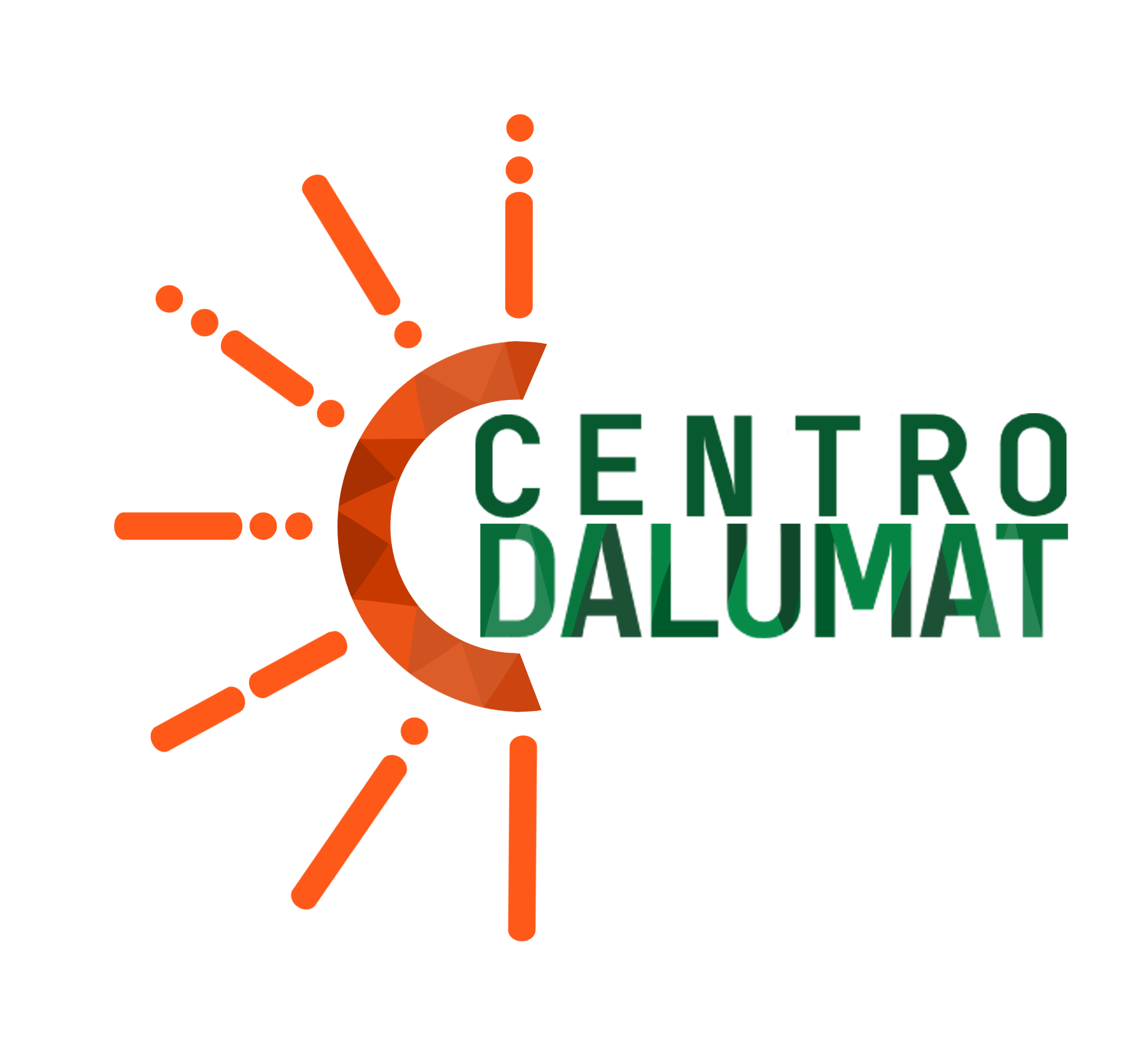Towards the end of the year, we not only embrace the closing of the curtains for the past 12 months, but we commemorate the history of our roots and beginnings: Rizal Day. Filipinos memorialize the life, works, and death of Jose Rizal—remembering everything he has done as a Filipino, youth, and more than a prodigy, a warrior of truth. His exile in Dapitan brought about by his bravery and political writings paved the way for Philippine independence, allowing us to exercise today what he was killed for: freedom of speech.
Now, times have changed. Living in the information age in a postmodern society, it has indubitably become a lot easier for the general public to engage in different discourses to voice out their perspectives on many different issues. Technology has made communication convenient as ever with social media being the perfect virtual realm to pursue personal agendas that we usually perform in person on a day-to-day basis. While everyone is ‘free’ to speak their mind, just like during Rizal’s time, there were and still are, always, winning ideologies. The more powerful you are, the more conceivably your remarks become the champion of dogma.
Back in the day, though, I’ve read from the works of Jurgen Habermas, one of my favorite prominent members in the Frankfurt School, that there once existed a social space wherein everyone who participated in giving their own school of thought were seen equal, in what he coined as the public sphere. According to Habermas, the public sphere is a virtual society that need not physically occupy any particular area. It’s simply the most ideal form of how society as a whole would gather to vocalize their needs as a public with the state. In the Structural Transformation of The Public Sphere, Jurgen Habermas emphasized how the public sphere was originally “coextensive with public authority”. The key ideology of this is how governmental laws should be steered by the public and that these governments are only legitimized by the public. And voila, a public sphere actually emerged in the 18th century. People would hold physical political debates through the development of coffee shops, literary, voluntary coalitions, and the press. Everyone can freely voice out their opinion, regardless of their status. Everyone is perceived equal and they do not bring in personality or power to win. Simply told, if a magical machine were to exist and we traversed through a wormhole, went back all the way in the 18th century to a coffee house, met Jose Rizal and held a debate about the current political economy, you wouldn’t view him as THE Rizal. Just like you, he is an ordinary human being that you should not put on a pedestal. Habermas mentioned the existence of institutional criteria for the public sphere, which are disregard of status, domain of common concern, and inclusivity. These three serve the same purpose, which is the avoidance of personality or status as a basis for winning.
Although the ideal public sphere didn’t last for long because of the drastic advances in technology, the emergence of culture industries, large private interests, and the printing press at the time turning into a profit-making agent of manipulation, finding out about that still amazed me. At one point, an ideal public sphere actually existed?
I mean, in our time today, how safe is it to voice out your opinion as an ordinary citizen? How safe is it to speak for the marginalized sector? How safe is it to boldly fight against injustices and corruption? Hell, even Jose Rizal got shot dead for speaking the truth on pieces of paper. And sadly, there isn’t much of a difference today. Sadly, we still live in a world where activists are killed, ordinary citizens who speak up are silenced, and the youth are taught to submit. One can bravely fight against dictators and perpetrators, but at what cost? The more I grow older, the more I understand when Jurgen Habermas said, “The public sphere has been hijacked.” The more I sit back and watch the kind of world that has become in front of me, the more I ascertain that Philippine society is still sick.
In the words of Rizal, “May sakit na kanser ang lipunan.” And obviously, the country hasn’t healed yet.

